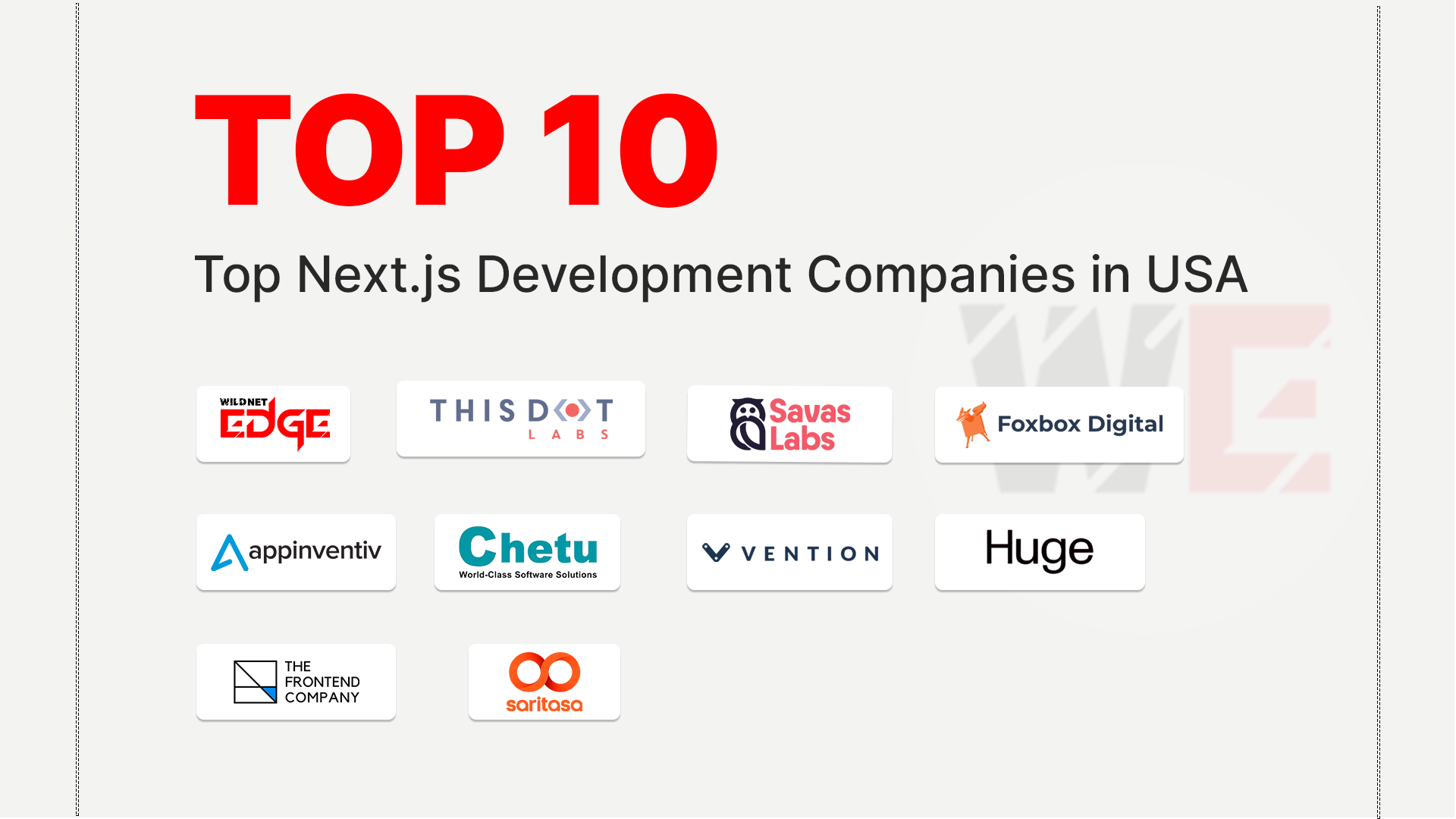TL;DR
This article explains that AI governance for an enterprise is a critical framework of policies and processes that ensure AI is used responsibly and ethically. The guide emphasizes that a formal governance strategy is no longer optional, as it is essential for managing enterprise AI risks, building customer trust, and ensuring regulatory compliance. It outlines the core pillars of a successful AI ethics framework, including data governance, model transparency, clear accountability, and ongoing monitoring.
As artificial intelligence becomes deeply integrated into every aspect of business, from marketing to operations, a new and critical challenge has emerged: control. Without a guiding framework, AI can introduce significant risks, including biased decisions, data privacy breaches, and a lack of transparency. This is why a formal strategy for AI governance for enterprise is no longer a “nice-to-have”; it is a fundamental requirement for building a sustainable, trustworthy, and successful modern business.
What is AI Governance for Enterprise?
AI governance for enterprises is the system of rules, practices, and processes that an organization implements to direct and control its use of artificial intelligence. It’s the strategic framework that ensures your AI initiatives are developed and deployed ethically, transparently, and in accordance with your company’s values and legal obligations. Many of these principles also guide an effective AI strategy in government, where transparency and public trust are especially critical.
A comprehensive AI ethics framework addresses the entire lifecycle of an AI model, from the data it’s trained on to the decisions it makes in production. It’s about creating a structure of accountability to ensure that your powerful AI systems operate as intended and do not cause unintended harm.
Why Governance is a Business Imperative, Not Just a Tech Issue
In 2025, ignoring AI governance is a major business risk. The potential consequences of a poorly governed AI system are severe and can impact your entire organization.
Building and Maintaining Customer Trust
Customers are increasingly aware of how their data is being used. If your AI system makes a decision that is perceived as unfair or biased, or if it results in a data breach, the damage to your brand’s reputation can be immediate and long-lasting. A commitment to responsible AI is a powerful way to build trust and show your customers that you value their privacy and well-being.
Navigating a Complex Regulatory Landscape
Governments around the world are rapidly introducing new laws and regulations around the use of AI. According to a report by 2026, over 100 billion people will have their personal data covered under AI-specific regulations. A formal AI compliance program is essential to navigate this complex landscape and avoid costly fines and legal penalties.
Mitigating Financial and Operational Risks
A poorly governed AI model can make flawed decisions that have a direct financial impact. For example, a biased lending algorithm could deny loans to qualified applicants, resulting in lost revenue. An AI-powered inventory system that makes incorrect predictions could lead to costly stockouts or overstock. Strong governance is a critical tool for managing these enterprise AI risks.
The Core Pillars of a Robust AI Ethics Framework
A successful program for AI governance for enterprise is built on several key pillars.
1. Clear Accountability and Ownership
You need to establish who is responsible for the outcomes of your AI systems. This often involves creating an AI ethics board or a governance council composed of leaders from different departments, including legal, IT, and business units. This group is responsible for setting policies and overseeing all AI projects.
2. Data Governance and Provenance
Your AI models are a reflection of the data they are trained on. This pillar focuses on ensuring your data is accurate, unbiased, and used responsibly. It involves documenting where your data comes from and implementing strict controls over who can access and use it.
3. Model Transparency and Explainability
For many AI models, their decision-making process can be a “black box.” A core part of responsible AI is making these models more transparent. This involves using tools and techniques that can explain why an AI model made a particular decision, which is crucial for troubleshooting, auditing, and building user trust.
4. Ongoing Monitoring and Management
An AI model’s performance can degrade over time as the real world changes. This pillar involves continuously monitoring your models in production to ensure they are still performing accurately and fairly. This is a key area where AI for Automation can be used to automatically track model performance and trigger alerts.
Our AI Governance Services in Action: Case Studies
Case Study 1: A Financial Services Firm’s Compliance Solution
- The Challenge: A large bank was using AI models for credit scoring but was facing increasing pressure from regulators to prove that their models were not biased. They lacked a formal AI ethics framework.
- Our Solution: We worked with them to establish a comprehensive AI governance program. This included creating an AI ethics board, implementing model explainability tools, and building an automated system to audit their models for bias on an ongoing basis.
- The Result: The bank was able to confidently demonstrate its commitment to AI compliance to regulators. The increased transparency also improved the internal team’s trust in the models, leading to better decision-making and a reduction in enterprise AI risks.
Case Study 2: An eCommerce Company’s Commitment to Trust
- The Challenge: An online retailer was using a variety of AI tools, including personalized pricing, but was concerned about potential customer backlash if these tools were perceived as unfair or manipulative.
- Our Solution: We helped them develop and publish a public responsible AI charter. We also implemented a “human-in-the-loop” system for their pricing models, which allowed a human to review and approve any significant, AI-driven price changes. This was a complex workflow built on their existing Salesforce Solutions.
- The Result: The company’s public commitment to ethical AI became a key brand differentiator. Customer trust and loyalty scores increased, and the governance framework provided the confidence to continue innovating with AI.
Our Technology Stack for AI Governance
We use a modern stack of tools to help organizations implement and manage their governance frameworks.
- AI Governance Platforms: IBM Watson OpenScale, Fiddler AI, Arize AI
- Data Governance: Collibra, Alation, Apache Atlas
- Model Explainability: SHAP, LIME, What-If Tool
- Cloud Security & Compliance: AWS Config, Azure Policy, Google Cloud Security Command Center
- Monitoring: Datadog, Grafana, Prometheus
Conclusion
AI governance for enterprise is the essential safety railing that allows us to innovate with confidence. By building a robust AI ethics framework, we can navigate the complexities of AI compliance, mitigate significant enterprise AI risks, and build a deep, lasting trust with our customers. A commitment to responsible AI is not a constraint on innovation; it is the very foundation of sustainable, long-term success.
At Wildnet Edge, our AI-first approach is grounded in these principles. We believe that the most powerful AI solutions are also the most responsible, and we partner with you to build intelligent systems that are ethical, transparent, and a true asset to your business.
FAQs
The ROI is primarily in risk mitigation and brand equity. A strong governance program helps you avoid multi-million dollar regulatory fines and the devastating financial impact of a data breach or loss of customer trust. It’s a strategic investment in the long-term health and reputation of your business.
When implemented correctly, it’s the opposite. A clear governance framework provides your development teams with clear “rules of the road.” This empowers them to innovate faster and with more confidence, as they are not constantly worried about accidentally crossing an ethical or legal line.
Your committee should be cross-functional. It needs representation from executive leadership, your legal and compliance teams, your head of data or IT, and leaders from the key business units that will be using the AI systems.
AI compliance is about adhering to the specific laws and regulations that govern the use of AI. An AI ethics framework is broader; it’s about aligning your use of AI with your company’s values and moral principles, which often go above and beyond the legal minimum requirements.
The best place to start is with an assessment. Analyze the AI systems you use or plan to build and identify the highest-risk areas. Then, start by creating governance policies for these high-risk applications.
This is a field called Explainable AI. It involves using specific tools and techniques (like SHAP or LIME) to analyze an AI model’s decision and provide a human-understandable explanation. This is a critical component of a responsible AI strategy.
The very first step is to secure executive sponsorship. You need a champion at the C-level who understands the strategic importance of AI governance for enterprise and can provide the authority and resources required to establish a formal program.

Managing Director (MD) Nitin Agarwal is a veteran in custom software development. He is fascinated by how software can turn ideas into real-world solutions. With extensive experience designing scalable and efficient systems, he focuses on creating software that delivers tangible results. Nitin enjoys exploring emerging technologies, taking on challenging projects, and mentoring teams to bring ideas to life. He believes that good software is not just about code; it’s about understanding problems and creating value for users. For him, great software combines thoughtful design, clever engineering, and a clear understanding of the problems it’s meant to solve.
 sales@wildnetedge.com
sales@wildnetedge.com +1 (212) 901 8616
+1 (212) 901 8616 +1 (437) 225-7733
+1 (437) 225-7733
















 AI Development Services
AI Development Services Industry AI Solutions
Industry AI Solutions AI Consulting & Research
AI Consulting & Research Automation & Intelligence
Automation & Intelligence













